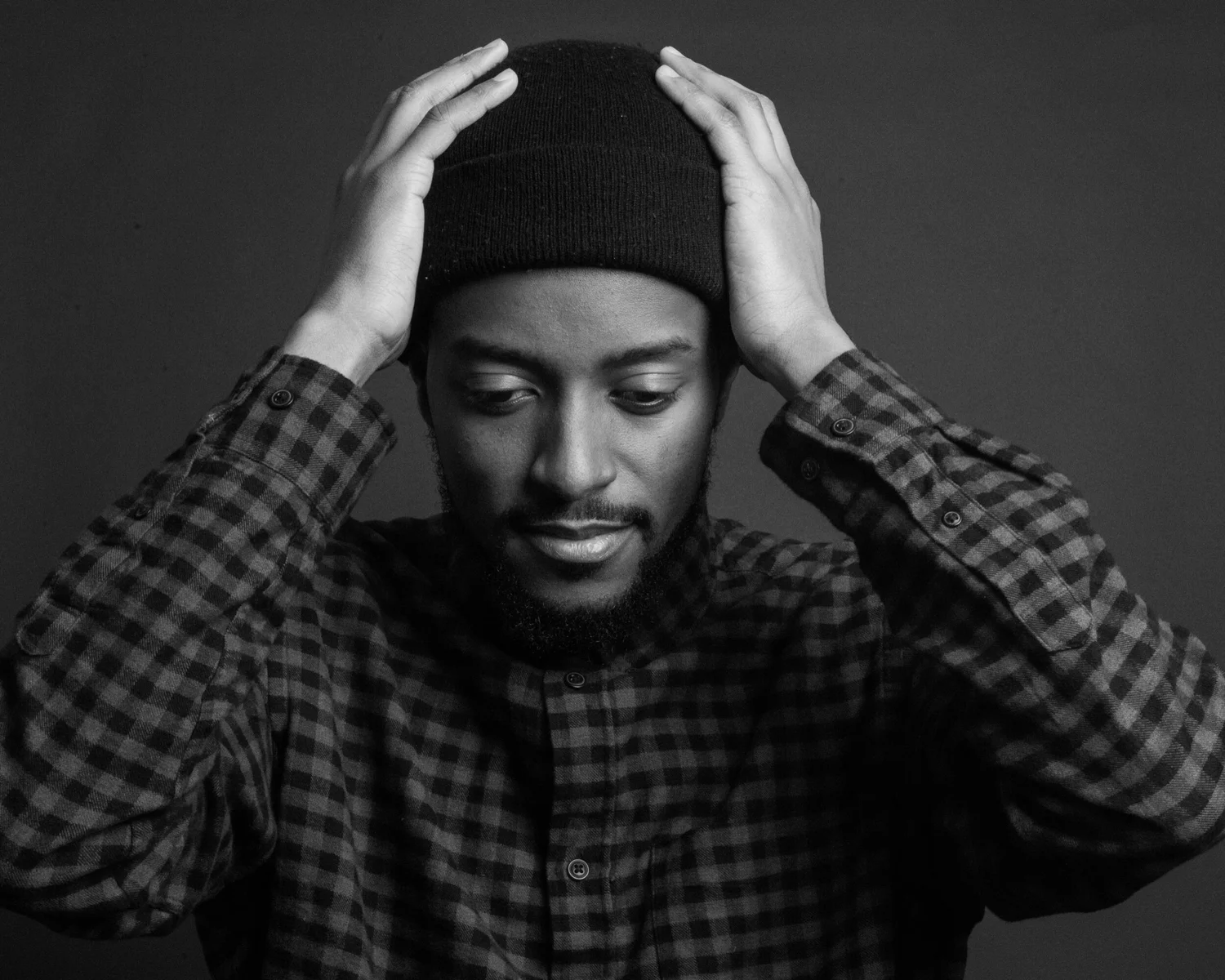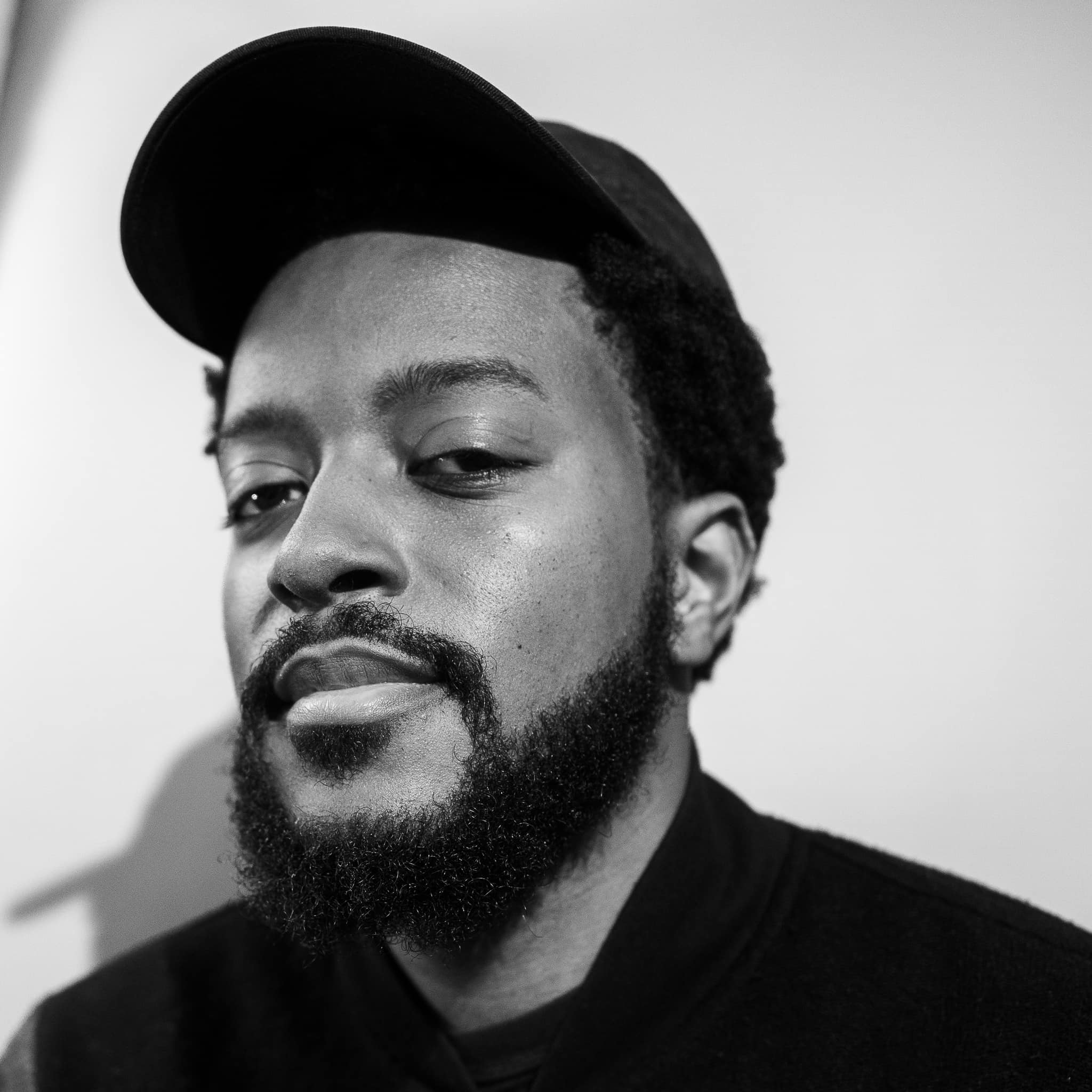We were lucky to catch up with Alvin Cobb, Jr. recently and have shared our conversation below.
Alvin, appreciate you joining us today. Can you talk to us about a project that’s meant a lot to you?
The most meaningful project I’ve worked on was my debut album, “You’ll Need This Later,” which was released in 2024. There’s a common sentiment that a musician’s first album carries a unique type of weight because it takes that person’s whole life to create it and I completely agree with that. During my freshman year of college at Florida State University, I was having some difficulty navigating the transition and was recommended for a counseling program that was provided on campus. One of the exercises we had to complete was centered around what advice we would give to our younger self. That prompt has become rather cliche in recent years but it’s been a helpful exercise I’ve continued to do since graduating. Over the years those written notes of advice turned into short voice recordings and eventually full musical compositions. Despite that evolution, I had no intention of sharing any of them.
In the few years prior to the pandemic, I was working regularly as a professional drummer here in Chicago. I was fortunate to be performing most nights of the week with a lot of outstanding ensembles. However, I was starting to feel like I was running in one place after a while. A mental complex began growing around the idea of making myself more hirable as opposed to being creative and finding my own voice. As traumatic as the COVID lockdown was for all of us, it provided me with the opportunity to reevaluate my relationship with art. I decided to start a jazz trio with my friends, bassist/vocalist Katie Ernst and pianist Julius Tucker, and self-produce livestream concerts from my living room (Julius and I were living together at the time). Once the world reopened, we started playing live shows as a band fairly quickly because we had been developing our sound virtually for a couple of years at that point. The unfortunate downside we encountered was that audiences wanted to hear our original music, but we had only been playing covers from other composers. In 2022, I made the difficult decision to tap into the only original compositions I had at the time, the songs from the notes of advice to my younger self.
After receiving an artist grant and completing a crowdfunding campaign, I spent two years putting together my debut album and I couldn’t have been happier with the results. The release received critical acclaim and was featured on NPR, Worldwide FM’s New Voices, and made Bandcamp “Best Albums of 2024“ list. This was one of the first times where I felt like I was truly being myself artistically and I was able to do so with a great community behind me.

Alvin, love having you share your insights with us. Before we ask you more questions, maybe you can take a moment to introduce yourself to our readers who might have missed our earlier conversations?
I am a drummer, composer/songwriter, and photographer originally from metro-Atlanta, currently based in Chicago. In addition to Atlanta’s urban music scene, my earliest influences consisted of my father’s eclectic record collection, the vibrant marching band tradition of southern drum corps and historically Black colleges, and the gospel singing I grew up hearing on Sunday mornings. I studied jazz percussion under Leon Anderson, Jr., and Willie Jones III, at Florida State University (B.A. in Music Performance and Jazz Studies, 2013) and Northwestern University (M.M. in Jazz Studies, 2015) respectively.
My artistic work, navigating between music, photography, and dance, identifies and amplifies moments of intimacy and comfort. Musically, my work focuses mainly on the dynamics of smaller ensembles. I currently lead the Alvin Cobb, Jr. Trio with bassist/vocalist Katie Ernst, pianist Julius Tucker, and myself on drums. We are heavily inspired by straight-ahead jazz trio playing, but our music together incorporates folk melodies, free improvisation, and elements taken from modern Black music genres. My photography focuses on black & white portraits of one or two subjects, often fellow artists, with whom I have close relationships. Our familiarity creates a safe space of care and vulnerability. My process values my own comfort as much as the subject’s, with the image merely serving as a quiet conversation between us. Collaborations with dance artists have allowed me to further develop this concept. My most notable collaboration has been my ongoing duo project with Indian American dance artist, Ashwaty Chennat. Starting from conversations of us discovering similarities in our upbringings despite obvious cultural differences, our work merges South Asian and Black American dance and musical traditions.

Learning and unlearning are both critical parts of growth – can you share a story of a time when you had to unlearn a lesson?
Not just artistically, but on a personal level, I had to unlearn that it’s possible to please everyone. Art is so subjective and some gigs, opportunities, etc. aren’t going to be meant for you…and that’s okay. It doesn’t mean you’re an unsuccessful artist, you just may not be aligned with that environment or approach. There is obviously value in constructive criticism as we each strive to grow and develop, but ultimately we have to figure out how to stay connected to what made us want to create in the first place. Although I am thankful for the structure during my years in music school, I quickly learned how few rules there actually are when making art in the real world. The process may be awkward at times, but it’s always worth finding your own lane and finding that audience that appreciates what you do in that lane.

Any insights you can share with us about how you built up your social media presence?
Honestly, I believe the thing that helped me was that I was on social media for over 15 years before I started promoting anything. During that time I was able to organically build and maintain actual relationships with people. When I did start promoting my art I didn’t feel like I was being dishonest in order to get engagement. It felt like I was just tapping into my community. When you don’t have anything to share, it’s still good to interact with other people’s profiles.
I first started seeing noticeable growth once my band started doing virtual concerts during the pandemic. I would slice the full concerts that were on Youtube into clips and share them on my social media accounts. It was a low pressure way of creating a lot of content that I could post consistently. Consistency is key, but with that being said, it’s more important to figure out what schedule (daily, weekly, monthly, etc.) works best for you and your audience. Since we were only doing familiar cover songs originally, it became an easy way to get eyes on us.
The majority of my social media growth happened with the release of my debut album in 2024. I operated my own social media conversion campaign in order to promote the project. A conversion campaign is geared more towards social media users that actually engage with the content of the ads rather than those that just view them. My following tripled in just a year using this type campaign. As attractive as large following counts look, the primary goal is to find the people that are actually willing to share, listen to, purchase, etc. your art.
Contact Info:
- Website: https://alvincobbjr.com
- Instagram: https://www.instagram.com/alvincobbjr/
- Youtube: https://www.youtube.com/@alvincobbjr





